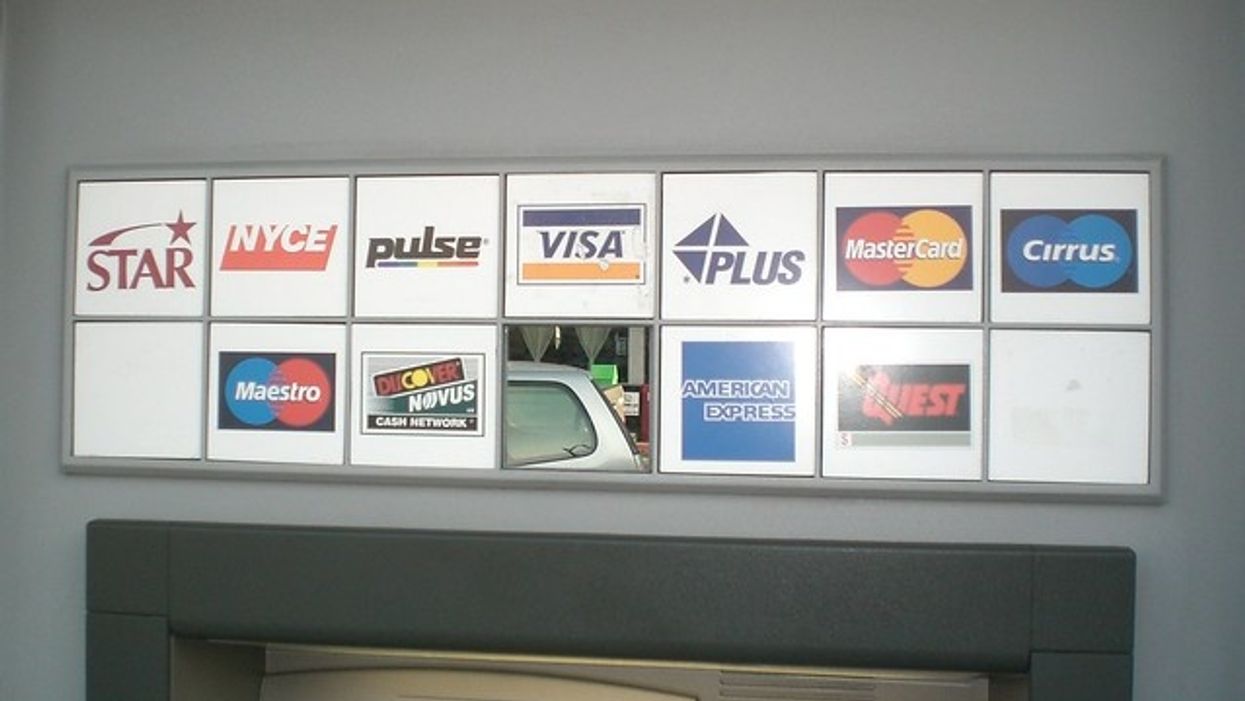How Crowdfunding Finances Right-Wing Extremist And Hate Groups
The American right is so awash in grifters weaseling every dollar they can out of their gullibly authoritarian followers’ bank accounts that what used to be a political orientation has just become a massive network of scam artists. Whether it’s Donald Trump ripping off his hordes of fans with bogus email appeals, the “MyPillow” guy and his MAGA cohorts pushing election denialism, Alex Jones and his Infowars operation reeling in the suckers with his health claims, Chris Rufo pitching “critical race theory” and “groomer” rhetoric to the eager media, or white nationalist Nick Fuentes setting up shop in a pricey Chicago suburb thanks to his eager donors, it’s just one big race to suck up those donor dollars.
Crowdfunding at platforms like GoFundMe has become an essential tool for right-wing grifters, notably people like the Jan. 6 insurrectionists who use pleas for legal assistance to suck up thousands of dollars in donations. The Anti-Defamation League this week released a report showing that extremist crowdfunders have generated at least $6,246,072 from 324 campaigns over the past six years—and that their preferred platform by far is GiveSendGo, the conservative “free speech” outfit with a high tolerance for extremism.
Examining the financial records of extremist groups, ADL researchers found that GiveSendGo hosted 230 campaigns “operated by or for extremists and their causes. These campaigns collected more than 86.5% of the funds tracked by the Center on Extremism.”
It also found that crowdfunding campaigns “played a significant role in the January 6 insurrection and Unite the Right rally, as well as other, smaller extremist events.”
As Will Carless at USA Today explained, the ADL report examined a broad range of extremist groups, but focused particularly on the insurrectionists like Proud Boys and the Oath Keepers, white supremacist groups like the Ku Klux Klan, and extremist Black Hebrew Israelites, some of whom expound racist and antisemitic beliefs. Among those groups, the ADL found that $4.75 million has been raised for insurrection-related causes through crowdfunding over the past four years.
Although the majority of the crowdfunding campaigns tracked by the ADL raised relatively small amounts—hundreds or low thousands of dollars—a number have also raised much larger amounts, including hundreds of thousands. The money these groups made through crowdfunding provided for travel and supplies, as well as legal and medical expenses.
“White supremacists have used crowdfunding to enable a range of hateful activities, including harassing marginalized communities, covering legal expenses after violent actions, spreading hateful propaganda and purchasing property and supplies for white ‘ethnostates’ or compounds,” the report says.
Center for Extremism investigator Mark Dwyer told Carless that his team began to focus on crowdfunding after observing a significant increase in online fundraising following the January 6 insurrection.
"I would consider this to be the heyday of extremist funding," Dwyer said.
As Carless reports, the ADL also found a number of campaigns with more explicitly hateful and extremist causes, featuring names like "GoyFundMe" and "Hatreon." However, the ADL says these were relatively short-lived sites.
GiveSendGo, notably, took steps following the Jan. 6 insurrection to cut down on extremist fundraising, banning campaigns to raise funds for travel to political events that have a "risk for violence." This, however, simply meant that GiveSendGo became the go-to crowdfunding site—along with a handful of others—for extremists and their supporters.
The report explains:
GiveSendGo was founded in 2015 as a self-described Christian crowdfunding service, and the company has taken stances against “censorship,” providing a platform for campaigns that the “mainstream media had shut down.” Perhaps because of this laissez-faire moderation policy, GiveSendGo quickly became the platform of choice for extremists and conspiracy theorists seeking to raise funds. Since 2016, using Stripe as their payment processor, the platform has facilitated the donation of $5.4 million to extremist-related causes, 86.5% of the total cataloged in this report, and it has been a significant source of fundraising for January 6 defendants’ legal funds.
As an example of how GiveSendGo is providing financial support for extremists, the ADL points to the case of Whidbey Island, Washington, resident Tyler Dinsmoor, who was arrested in June 2022 for threatening his LGBTQ neighbors and issuing threats against an upcoming Pride event in the nearby town of Anacortes. It soon emerged that Dinsmoor’s radicalization was a product of an evangelical church he attends that preaches that homosexuality is a capital crime—namely, Sure Foundation Baptist Church in Vancouver, Washington, which is led by Pastor Aaron Thompson. Sure Foundation is part of the New Independent Fundamental Baptist (New IFB) network, a rabidly anti-LGBTQ Baptist offshoot founded by hate preacher Steven Anderson.
Dinsmoor’s bail was initially set at $1 million, which drew cries of outrage from anti-LGBTQ extremists. It was later reduced by a judge to $150,000, and Dinsmoor was released on bail. Nonetheless, two GiveSendGo campaigns were established to help cover his legal expenses: The first, set up by an associate of Dinsmoor’s, collected $30,650; the second was created by Dinsmoor himself when he discontinued the initial campaign. So far, it has collected $4,000.
As Talia Lavin explained in her expose of the site in The Nation, “on GiveSendGo, hate groups can prosper amid fundraising campaigns for homeless nuns, a church that provides tube socks for the unhoused, or infants with spinal cord injuries. Any backlash by payment companies risks raising the ire of a grievance-drunk right-wing media ecosystem primed to detect the traces of anti-Christian prejudice.”
“GiveSendGo seems to be one of the most significant spaces in which alt-right and Christian right converge,” researcher Chrissy Stroop told Lavin. “Of course, we know there is considerable overlap in ideology between right-wing Christians, white nationalists, the manosphere, 4chan types, etc. It can be difficult to trace the direct connections and networks, so I think the existence of GiveSendGo provides us with a sort of horrifying laboratory in that regard.”
"Crowdfunding is a financial lifeline for various extremists," Segal said. "Major servicers like GoFundMe and GiveSendGo have a responsibility to enforce their terms of service and stop the exploitation of their platforms by people and groups that traffic in bigotry and violence."
Reprinted with permission from Daily Kos.











